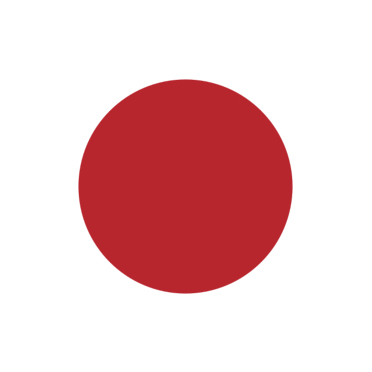Asset Management
Japanese Investors Holding Riskier Assets As New Fund Structures Take Hold - Research

A report examines the impact of a new Japanese fund structure, seen as encouraging a shift away from low-yield domestic government bonds.
Japanese investors are increasingly willing to hold riskier assets in the chase for returns, at a time when the asset management landscape is being shaken up by the launch of tax-exempt savings vehicles in the country designed to boost flows into equities, according to Cerulli Associates, the analytics firm.
The organisation examined the effect of the roll-out of Nippon Individual Savings Accounts in 2014 and how they are influencing investor action. Japan is a country that has typically seen high holdings of low-risk, and low-return, government bonds. The roll-out of NISAs is considered to be encouraging moves towards holdings of equities, as part of a series of reforms enacted by the current Shinzo Abe-led administration. NISAs enjoy waivers from tax if the assets are held for five years.
NISAs will bring in ¥6 trillion (around $57 billion) to ¥14 trillion annually over the next five years, potentially reaching an estimated ¥68 trillion, the report, called Asset Management in Japan 2013: Opportunities and Challenges for Foreign Managers, said. The study was produced in association with Nomura Research Institute.
Under NISA guidelines, beginning 1 January 2014, individuals may annually invest up to ¥1 million in a tax-free account for up to five years.
"The projected NISA market growth represents both a massive change in the mindset of Japanese households and a greater willingness to leave the sanctuary of safe assets," said Yoon Ng, director at Cerulli Associates.
"Our research shows that as many as 31 million people could use the new savings account, especially as changes to pensions and the likelihood of inflation will put a greater onus on the individual to protect their assets," said Sadayuki Horie, senior researcher at Nomura Research Institute. "Just as importantly though, it will provide a much-needed injection of funds to a moribund investment trust industry."
To put such numbers into context, Japan’s pension funds are the country’s largest institutional investor block, with ¥277 trillion of assets (at 31 March this year). Financial institutions’ securities holdings, totalling ¥823 trillion at 31 March, were mostly in domestic government bonds.
The report warns that foreign asset managers must cope with “highly idiosyncratic Japanese business processes and provide superior service to their clients”.
